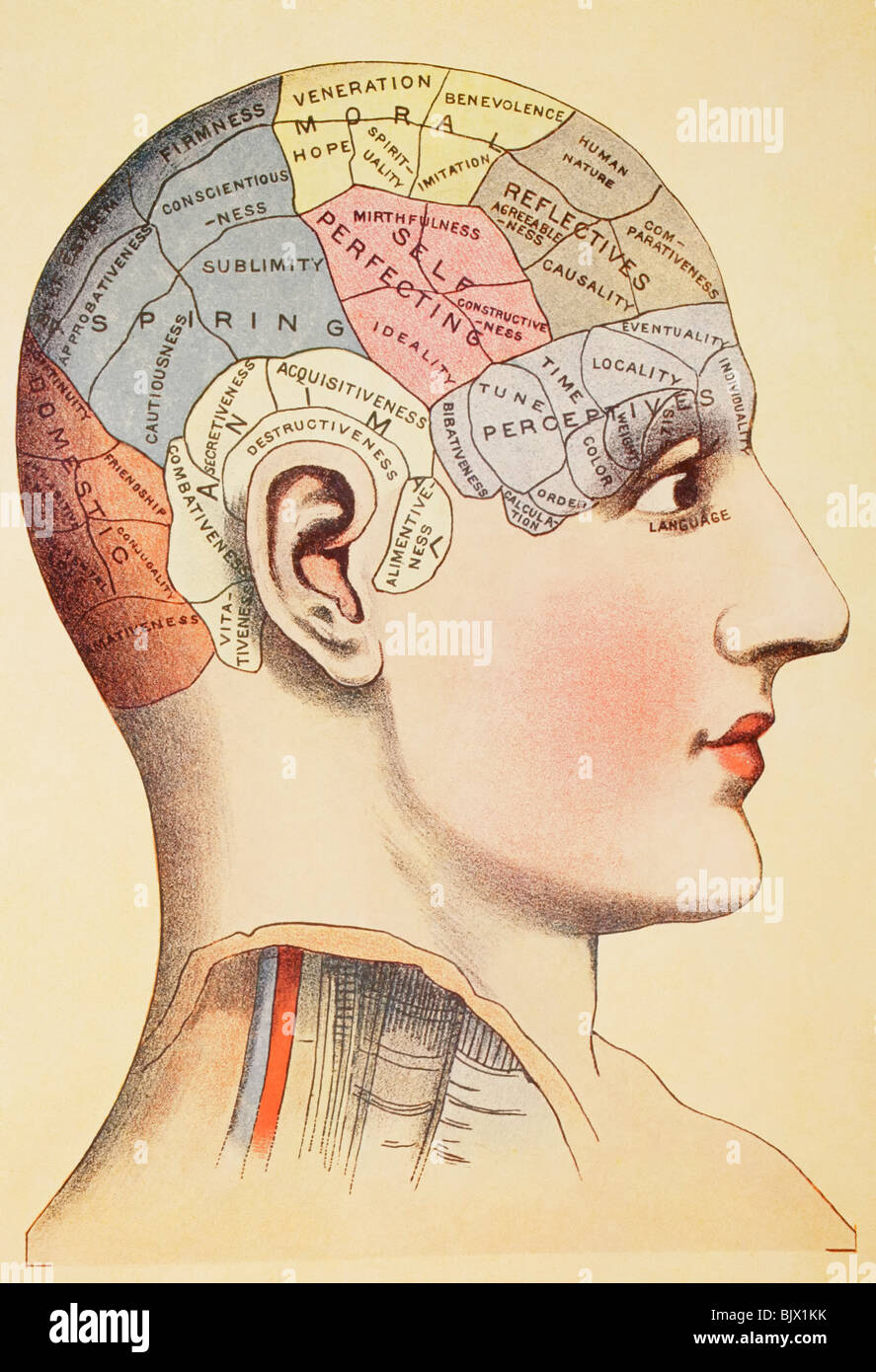Comprehensive Theory of Mind.
As humans evolved, so did their brain's and all its functions. This in turn, allowed the mind to function at a more higher and efficient level. In other words, humans were able to develop and use more deeper levels of their mind. Since the mind is not observable, in a direct way, this theory is used as a cognitive concept to understand, one's mental states i.e. beliefs, intents, desires, knowledge, etc.—in oneself and others.This theory (CTOM) postulates, that the mind has five areas or tiers. Each area has its own function and ability. Let us start by looking at the first and most primitive area of the mind, also known as the Fight/Flight/Freeze, or also known as the Reptilian brain this part of the mind will only react when triggered, regressed or threatened beyond the point of reason. The second area is the Collective Unconscious, this contains the Archetypes, Universal Blueprint, culture etc. Coined by Carl Jung. It is proposed to be a part of the unconscious mind, expressed in humanity and all life forms with nervous systems, and describes how the structure of the psyche autonomously organizes experience. The third area or tier is the Personal Unconscious , this contains all past events and happenings attributed to that person alone. It is the source of new thoughts and creative ideals, and produces meaningful symbols, this is also represented by the Limbic System.
The fourth area is the Modern Memory area, which is active in object imprinting, immediate and short term memory. The fifth area is the Conscious Mind, or Neo-Cortex which is the critical thinking area, and the executive functioning process. It includes such things as the sensations, perceptions, memories, feeling and fantasies inside of our current awareness. These five areas or tiers must function in unison for optimal mental states.
 |
| Comprehensive Theory of Mind |
Therefore it is apparent to us that the Comprehensive Theory of Mind is a very important milestone for the complete development of a human being throughout the lifespan. This reminds us of systemic theory, which provides us with a theoretical framework for understanding human emotional systems in concordance with evolutionary theory and neuroscience. Thus the hierarchical system of the mind has its beginnings in systems theory and functioning, comprehensive in nature. Therefore the comprehensive theory of mind can only be understood from the perspective of systems theory. This leads us to the postulate that the mind is a self-organizing system, a developmental unfolding at progressively higher levels of complexity.
This leads us to a very important concept of individuation, Jung, stated that Individuation, was the quest for wholeness that the human psyche invariably undertakes, the journey to become conscious of his or herself as a unique human being, but unique only in the same sense that we all are, not more or less than others humans.